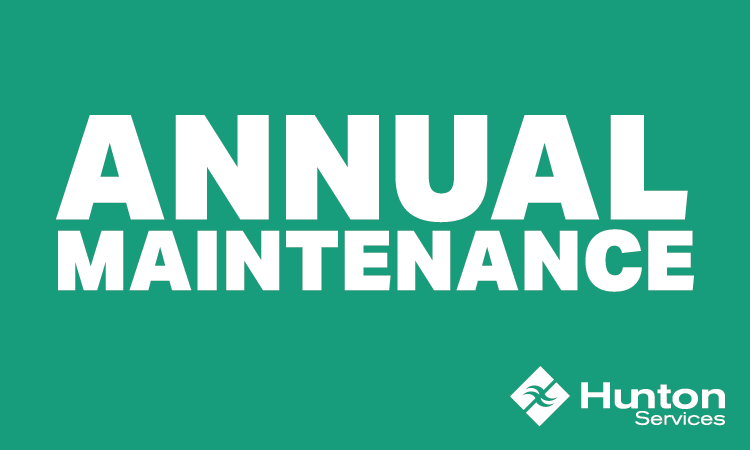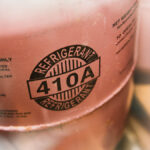Annual Maintenance
WHY ANNUAL MAINTENANCE?
Like changing the oil in your car every 3,000 miles, all heating equipment, both boilers and water heaters, require annual maintenance. No matter the life expectancy of a heating system, wear and tear will interfere with the performance of your heating equipment. Annual maintenance and monthly water quality checks can prevent premature malfunctions and potential breakdowns caused by poor water quality, leaks or water pressure. A boiler’s functionality can be easily compromised and the impact on energy efficiency can become a great expense for the end user.
That raises the question… what are the best practices to keep your boiler operating in peak condition? We have listed 8 boiler annual maintenance steps that can help maintain energy efficiency and potentially extend the life of your equipment.
1. Replace all parts affected by wear and tear, every year!
Your annual maintenance kit should include all parts that need to be replaced, including gaskets to re-seal the combustion inspection covers that were removed to clean the fireside.
2. Inspect the fireside of the heat exchanger
After 2,500 hours of operation, or at least once a year, you must inspect the fire side of the heat exchanger. You can access the fireside by removing the inspection covers. Any fireside fouling should be removed by using clean out tools and water washing the fireside surface. A thin coat of mineral oil can be used on an aluminum boiler to help minimize potential fouling in between annual maintenance checks. Verify that no debris came loose and fell to the bottom, potentially clogging the air path.
3. Remove the burner and thoroughly wash and clean the mesh
This should be done even if the burner appears to be clean. After washing the burner; reinstall it and use the fan test option to blow dry the burner. DO NOT fire the burner while wet.
4. Replace old igniter, flame rod and gaskets. These parts should be included in your maintenance kit
It is important that you DO NOT reuse old gaskets.
5. Select the right water treatment to prevent scale
Water side scale is equivalent to having a thin film of insulation between the furnace gasses and boiler water. It can drop a boiler’s efficiency by as much as 12% – 21%.
6. Re-start the equipment and adjust combustion using a calibrated analyzer
A water tube manometer will be necessary to check for proper draft readings.
7. Inspect electrical connection for corrosion
Condensation can cause corrosion on the electrical connections of a boiler. If fuses prove to be broken or troublesome, replace, and test the unit. It is also important to ensure that the electrical connections are tight
8. Clean the condensate trap
Once again, the condensate produced by condensing natural gas boilers is corrosive. The condensate trap must be cleaned annually, and inspected for potential leaks.
We have an extensive team here at Hunton Services to keep your boilers up and running. Call us today to see how we can help! 713-643-8336







No comments yet